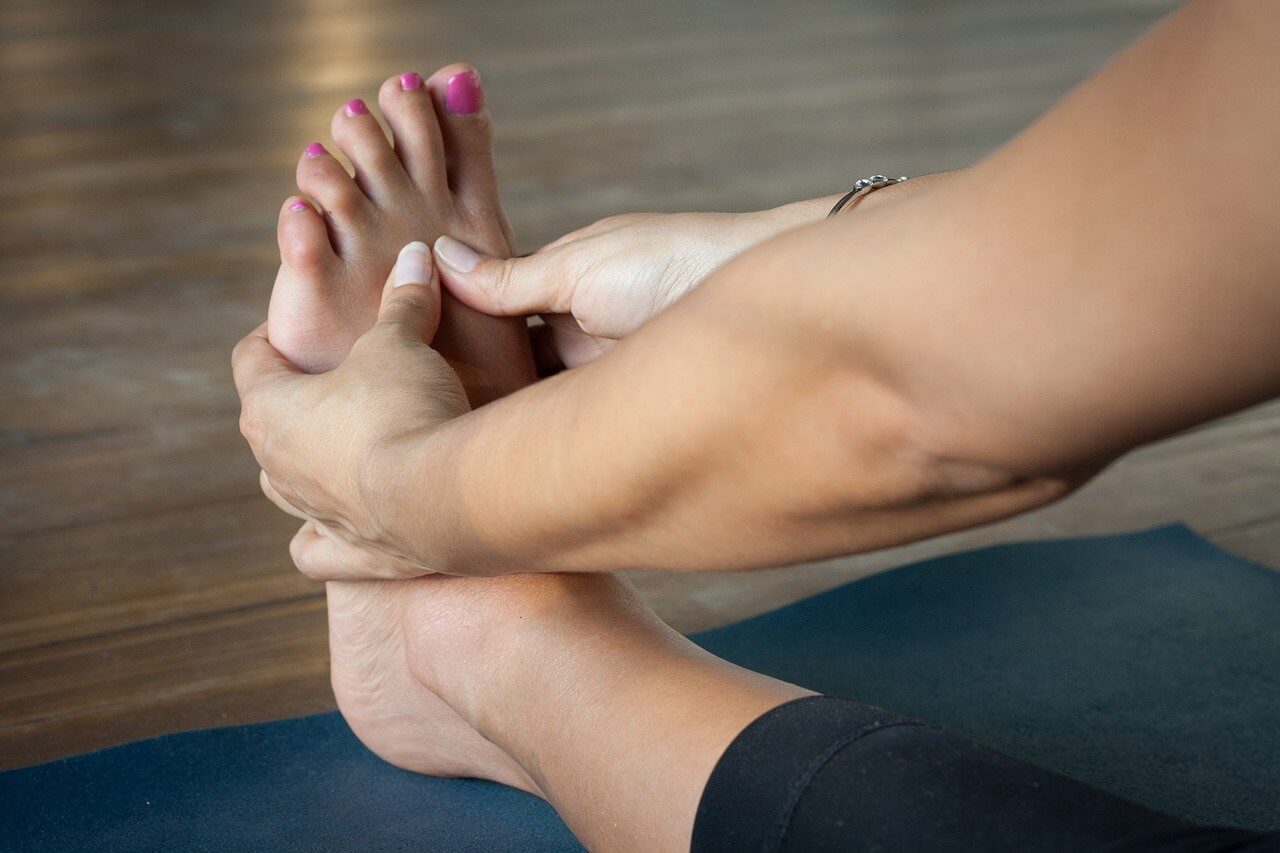Do you feel pain or a burning sensation on your foot pad when you walk? Does it feel like you are stepping on a pebble when there is none in your shoe? It could be metatarsalgia.
This may cause a lot of concern, but worry not; it is simply an injury from receiving too much pressure on your metatarsal heads or, more commonly referred to as, the balls of your feet. Pain manifests as the constant pressure on the ball of the foot gradually builds up.
This condition occurs when the transverse arch, the little curve on the inside of your foot, starts to collapse. When it flattens out, the pressure of your weight is transferred to the ball of the foot, giving you forefoot pain.
What Causes Metatarsalgia?
A common cause for this condition is doing high-impact activities like running or jumping. With every step, the whole body weight is concentrated on the balls of the feet. Without the proper shoes or met pads, your feet will ache.
If you have not been running or jumping but still feel pain, it could be because of other reasons like:
- Unusual foot movement when walking or running - Side-to-side rocking of the foot puts pressure where there shouldn’t be.
- Wearing ill-fitting shoes - This puts your toes in an unnatural position, making you walk unevenly.
- Calluses or bunions - The extra skin on your feet causes some difference in your gait. Noticeable or not, this slight change is enough to ruin your feet.
- Irregularity in your foot bones or muscles - Physical abnormalities that may sometimes require surgery.
- Being overweight – The excess weight is too much for your feet.
- Torn ligaments – Your feet are not getting enough support.
What Puts You at Risk for Getting Metatarsalgia?
Athletes are prone to having this injury due to their intense training sessions.
Other factors that put you at risk are:
- Being on your feet for long periods
- The constant wearing of high heels
- Having high arches on your feet
- Thinner fat pads due to aging
- Arthritis, gout, and other conditions that cause joint inflammation
How to Alleviate Metatarsal Pain?
Having metatarsalgia might make you feel that you can never walk normally again. Keep in mind, though, that this condition is entirely manageable. Here are some tips to help ease your pain:
1. Get off your feet. Take a rest and elevate them.
2. Ice your feet.
3. Do some mild stretching.
4. Wear a gel metatarsal pad.
What Are the Best Insoles for Metatarsalgia?
There are various orthotic products available to help relieve this condition. You can choose what support you need and what feels most comfortable. With the correct metatarsal pad placement, you will feel as though you never had foot problems. Use them separately or in combination to get maximum protection.
Adhesive Inserts
Love wearing high heels? Purchasing a silicone metatarsal pad is ideal for you. How to use a pad? You simply insert them in your favorite pair of footwear and you are good to go. The self-adhesive insoles ensure that it stays in place as you move. The soft gel absorbs shock when you walk, thereby reducing pressure on the balls of your feet. They are also reusable to boot!
Arch Support Sleeves
You wear these on the arch of your foot. These specialized foot sleeves will provide support on the arch of the foot and lift the metatarsal bones. This foot pad works by compressing the transverse arch, letting you move without worrying about tightness in that area. These are good for when you do sporting activities like running and jogging.
Forefoot Sleeves
These are worn on the balls of your feet. The soft met pads protect the balls of your feet. They also prevent chafing, saving you from blisters, calluses, and bunions. They are odorless and easy to clean -- perfect for everyday use!
Managing Metatarsalgia
Numerous factors may cause you pain in the foot. Some might be unavoidable due to your profession or other health issues. However, most of them can be solved with simple measures.
Treating metatarsalgia nowadays is as easy as wearing sleeves on your feet. So, avoid having foot pain starting today.




Leave a comment
This site is protected by hCaptcha and the hCaptcha Privacy Policy and Terms of Service apply.